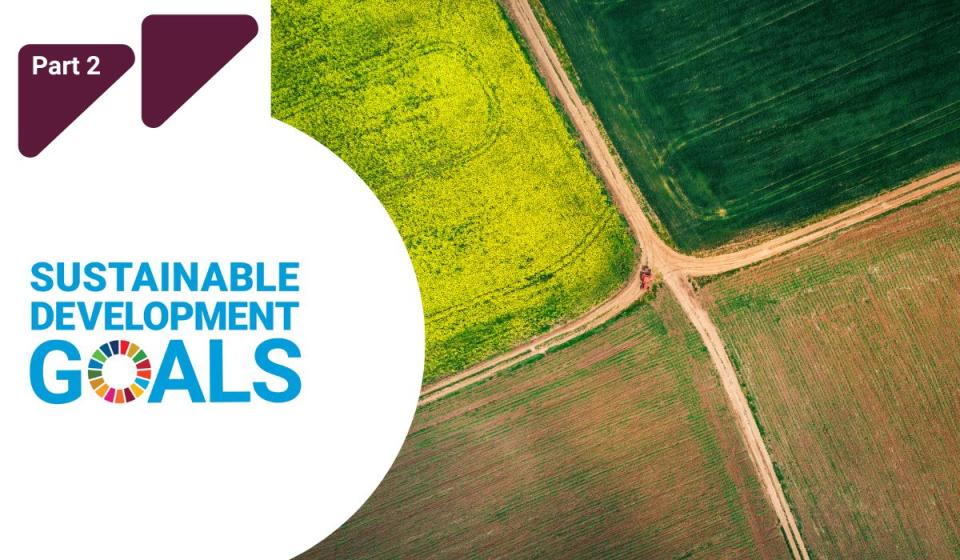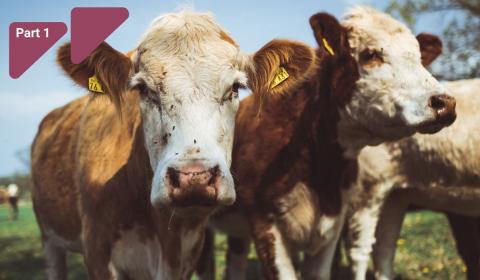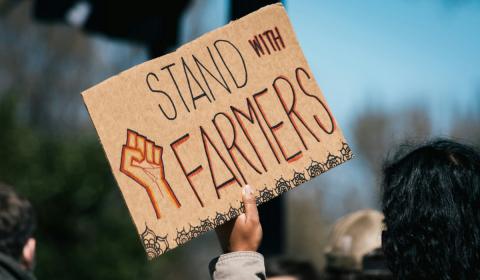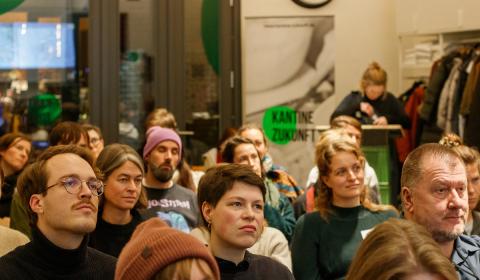
Welcome to the second blog post in our series on the interconnections between food systems and the Sustainable Development Goals (SDGs). In this post, we take a critical look at the limitations of the SDGs in addressing the complexities of food sustainability and security. The United Nations' SDGs were adopted in 2015 as a global framework to end poverty, protect the planet, and ensure that all people enjoy peace and prosperity by 2030. While the SDGs provide a valuable roadmap for progress, it is essential to recognize their limitations and explore alternative frameworks to address the complexities of food sustainability and security. By addressing issues such as economic prioritization, power dynamics, and climate change, we strive to deepen our understanding of the gaps within the SDG framework and advocate for more holistic and equitable solutions.
A major limitation of the SDGs is the way in which they prioritize economic growth over social and environmental considerations. While Goal 8 aims to promote sustainable economic growth and decent work for all, this emphasis on economic growth can sometimes come at the expense of social and environmental well-being1. For instance, the pursuit of profit-driven agricultural practices can lead to the exploitation of natural resources, deforestation, and the displacement of local communities. This narrow focus on economic growth undermines the long-term sustainability of food systems and compromises food security. For instance, the prioritization of economic growth in agricultural practices often leads to the overuse of chemical inputs, which can contaminate soil and water resources, degrade biodiversity, and compromise the health of both ecosystems and communities.
Power dynamics and hierarchies within food systems are often overlooked by the SDGs2. The idea of supporting "local" solutions to food insecurity and sustainability is commendable, but it fails to address the existing power imbalances that tear apart local communities and economies. Class, ethnicity, and gender hierarchies can perpetuate inequalities within food systems, limiting access to resources and decision-making processes. Additionally, the SDGs do not adequately account for the negative impacts of liberalized trade and speculation on food production and distribution, undermining the concept of food sovereignty. For example, the exclusion of small-scale farmers and indigenous communities from decision-making processes and access to resources perpetuates inequalities within food systems, compromising their ability to achieve food sovereignty and maintain sustainable, localized solutions.
Moreover, the SDGs do not fully address the urgent and specific challenges posed by climate change to food systems. While Goal 2 aims to end hunger and achieve food security, it falls short in explicitly acknowledging the ways in which climate change is disrupting food production, altering agricultural landscapes, and intensifying natural disasters. Climate change poses a significant threat to food sustainability and security, necessitating targeted actions and strategies that address the intersection of climate change and food systems3. For example, changing climatic conditions can lead to shifts in the distribution and abundance of plant and animal species, affecting agricultural productivity and the availability of diverse food sources. Rising temperatures, changing precipitation patterns, and increased frequency and intensity of extreme weather events such as droughts and floods can all have detrimental impacts on crop yields and livestock health. Furthermore, climate change can disrupt ecosystems and ecological processes that are essential for biodiversity conservation. The loss of biodiversity can reduce the resilience of ecosystems to climate change impacts, making them more vulnerable to further disruptions. Conversely, maintaining and enhancing biodiversity can contribute to climate change mitigation and adaptation efforts. Biodiverse ecosystems, such as forests and wetlands, can sequester carbon dioxide and provide natural buffers against extreme weather events.
To overcome these limitations, it is crucial to explore potential solutions and alternative frameworks. Inclusive decision-making processes that involve diverse stakeholders, including small-scale farmers, indigenous communities, and marginalized groups, can help ensure that the voices and needs of all are represented in food policies and strategies4. Adopting a rights-based approach to food systems can prioritize human rights, including the right to food, the right to land and resources, and the right to participate in decision-making processes. This approach acknowledges the multidimensional nature of food security and sustainability, addressing social, economic, and environmental aspects holistically. For instance, implementing participatory governance structures that include small-scale farmers, indigenous communities, and marginalized groups in decision-making processes can lead to more inclusive and equitable food policies and strategies that prioritize human rights and address the complex dimensions of food security and sustainability.
In conclusion, while the SDGs provide a valuable framework, it is important to critically examine their limitations in addressing the complexities of food sustainability and security. The prioritization of economic growth, the neglect of power dynamics, and the insufficient focus on climate change impact the effectiveness of the SDGs in tackling these pressing issues. We must continue to engage in dialogue, collaboration, and critical analysis to refine and improve the SDGs and their implementation. By embracing more holistic and equitable approaches, we can work towards achieving sustainable and resilient food systems that prioritize the well-being of people and the planet.
References
1 Eisenmenger, N., Pichler, M., Krenmayr, N., Noll, D., Plank, B., Schalmann, E., ... & Gingrich, S. (2020). The Sustainable Development Goals prioritize economic growth over sustainable resource use: a critical reflection on the SDGs from a socio-ecological perspective. Sustainability Science, 15, 1101-1110.
2 Kerr, R. B. (2023). Maladaptation in food systems and ways to avoid it. Current Opinion in Environmental Sustainability, 61, 101269.
3 Kortetmäki, T. (2019). Tensions between food justice and climate change mitigation. In Sustainable governance and management of food systems: Ethical perspectives (pp. 3508-3513). Wageningen Academic Publishers.
4 Jani, A., Exner, A., Braun, R., Braun, B., Torri, L., Verhoeven, S., ... & Woollhead, C. (2022). Transitions to food democracy through multilevel governance. Frontiers in Sustainable Food Systems, 6, 541.


